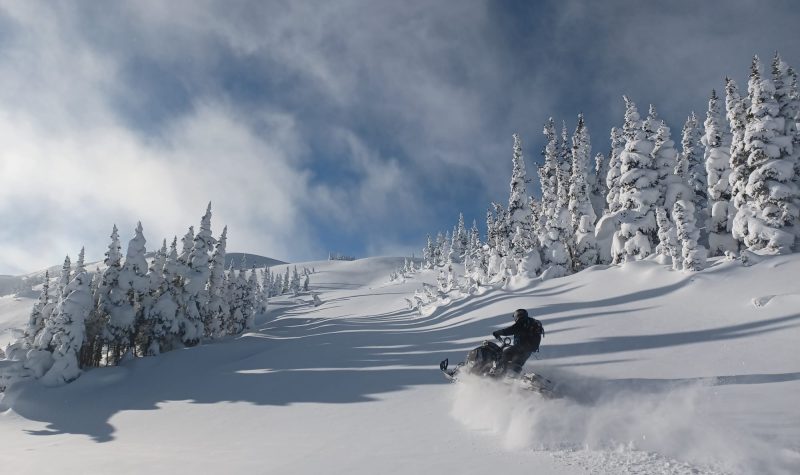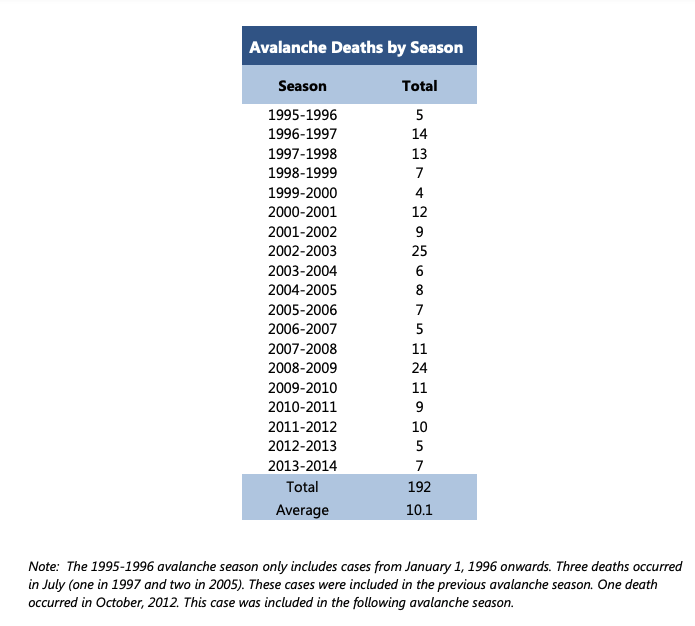If you’ve been paying attention to the provincial reports on weather this year, 2023 has been the highest year for avalanche potential since 2003. A BC Coroners Report from 1996 to 2014 shows that in the years 2003 and again in 2009, deaths by avalanche increased by 60 per cent from the next highest year, resulting in 25 and 24 people losing their lives in each year, respectively.
It was because of that devastating year in 2003 that formed the organization Avalanche Canada Foundation, a federally registered charity that supports the work of avalanche forecasting and safety tools and resources.
Emily Jones, an avalanche field technician working in British Columbia’s northwest region, says that it's the "thin layers of snowpack this year that cause the considerable potential for avalanches to occur in the Interior as well as Northern regions of BC."
Avalanche Canada works closely with Environment Canada to collect information about weather patterns that help forecast the potential of an avalanche, but they also collect data about the forecast by people like Emily, who make up the field teams. Guiding operations such as cat skiing outfits or heli-skiing are also instrumental in informing Avalanche Canada with up to date reports on snow conditions in the backcountry as well as recent avalanche action.
Christoph Dietzfelbinger is an experienced mountaineer. He grew up exploring the characteristics of the Bavarian Alps and chose to become a mountain guide in 1981.
Dietzfelbinger has been touring groups into the backcountry of British Columbia for decades, and runs the Burnier Glacier Chalet, an intense backcountry mountaineering company that operates on Wet'suwet'en territory. In the following audio clip, Dietzfelbinger explains the psychological toll of mountaineering and his personal experiences with avalanches in the decades he's been taking groups into backcountry terrain:



